
Union of Journalists Calls for the release of Ochaya
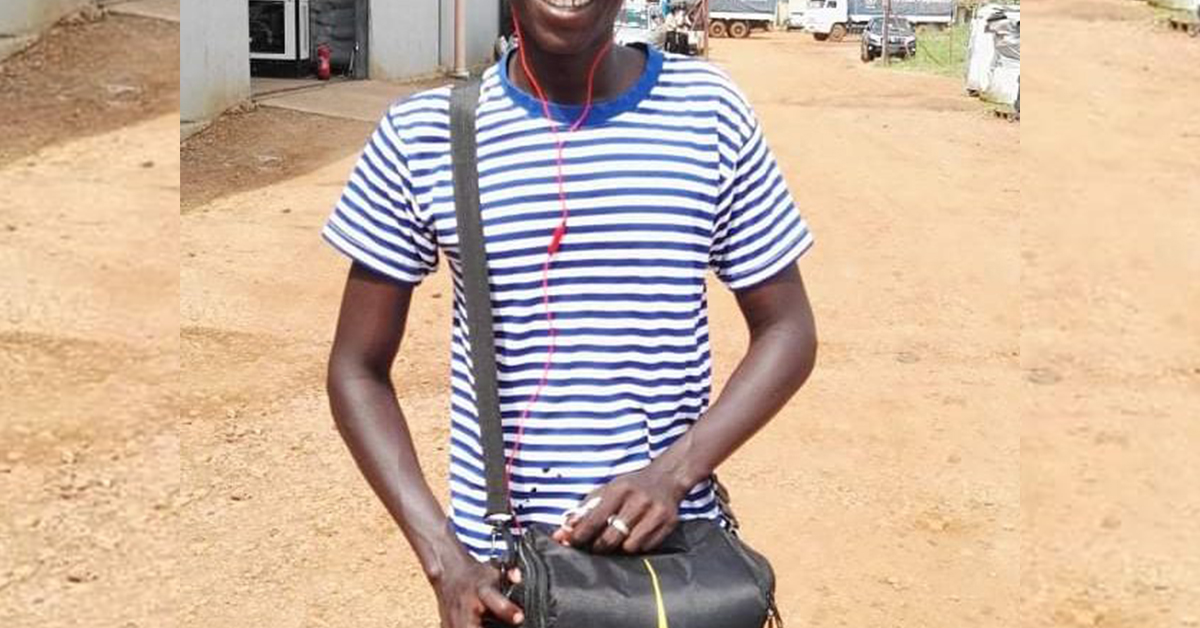
“I don’t see the reason why they actually called the journalist and his editor, and they have talked, they have agreed, they then released this journalist to go and do their work and then after some hours, they then came back for the journalist and took the journalist up to date. They should not treat journalists like criminals.” Modi added furiously.
It’s now a week since Ochaya Jackson was arrested.
The Union of Journalists in South Sudan (UJOSS) is calling on the government to release Ochaya who the Union said disappeared last week after national security operatives summoned the journalist to their headquarters to answer questions about his story published in a newspaper last month.
Stella Kiden, Acting Managing Editor of the No. 1 Citizen newspaper, wrote to the South Sudan Media authority yesterday to describe the circumstances under which Ochaya disappeared.
In her letter, Kiden said National Security Service operatives summoned her and Ochaya to their headquarters last Monday, then released them that evening at around 6 O’clock.
Kiden said security agents asked Ochaya to return Tuesday to pick up his identity card and a belt that was removed during his questioning as the person who had it was not around to hand them over.
She said after Ochaya collected his ID card he went back to work but asked permission to leave in order to meet an uncle who apparently called and asked to meet him in the Thomgpiny residential area.
That was the last time Ochaya’s family or the newspaper heard from him.
“That was why I had to inform the Media Authority.” Part of the acting managing editor’s letter read.
“We the management of NO.1 Citizen do not understand the reason as to why the reporter (Ochaya Jackson) was tricked, picked and detained in National Security, Blue House, after being released by personnel in the same institution. We kindly request you, Media Authority, to help us follow the issue up on our behalf so that our journalist Ochaya Jackson can be released to us,” Kiden’s letter concluded.
A family member who spoke on condition of anonymity for fear of reprisals from the security service, told the paper that Ochaya was being detained at National Security headquarters in Jebel.
Oliver Modi, chairperson of the Union of Journalists in South Sudan, said he believes security agents detained Ochaya because he contacted NAS spokesperson Suba Samuel for comment on a story published in late on September 25th about the national army SSPDF accusing NAS rebel group of escalating violence in Lobonok in order to mine Gold. An allegation the NAS denied when contacted by the paper.
“The security just questioned the NO.1 newspaper on how they came to write that story and particularly their communication with NAS. That’s the cause of everything” Modi said.
But modi insisted the journalist did nothing wrong by contact NAS spokesman to respond to the accusations by the SSPDF.
“According to the principles of journalism when you are writing a story the story should not be a one-sided story.” Modi added, saying it’s a mystery as to why security agents would release Ochaya on Monday and detain him on Tuesday.
“The family members found him in the National Security office where he was being questioned. So now here, the media authority and the union of journalists are wondering, what is the problem again?” Modi asked.
UJOSS does not have the legal right to visit Jackson at the detention center except through the South Sudan Media Authority, which is the governmental body created to handle all media-related complaints from the public or journalists.
Modi is appealing to the national security service to release Ochaya immediately.
“I don’t see the reason why they actually called the journalist and his editor, and they have talked, they have agreed, they then released this journalist to go and do their work and then after some hours, they then came back for the journalist and took the journalist up to date. They should not treat journalists like criminals.” Modi added furiously.
Modi said law enforcement agents should arrest a person in the presence of either family members or colleagues so at least their whereabouts is known.
South Sudan’s constitution requires a detained person to be produced in court of law within 24 hours of their detention.
No. 1 Citizen management declined to comment any further. Attempts to reach Mary Ajith, chairperson of the Association of Media Development in South Sudan, for comment were unsuccessful as she did not answer repeated calls.
This story first aired on the VOA radio, South Sudan In Focus Program.

















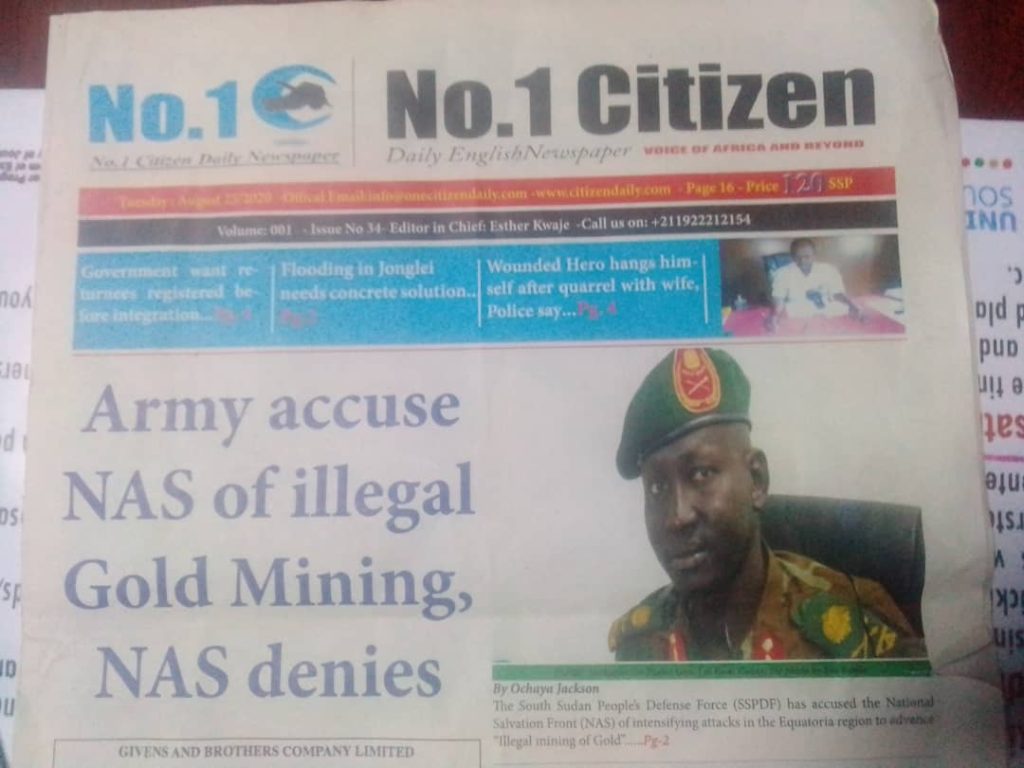
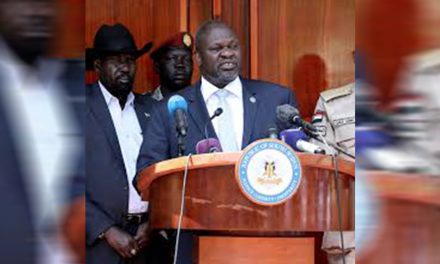
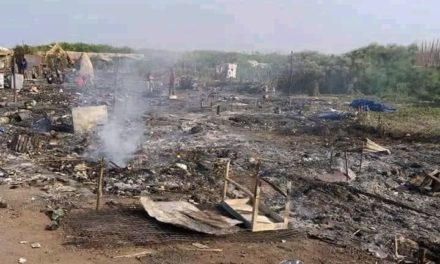
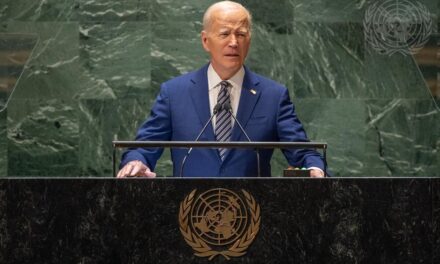
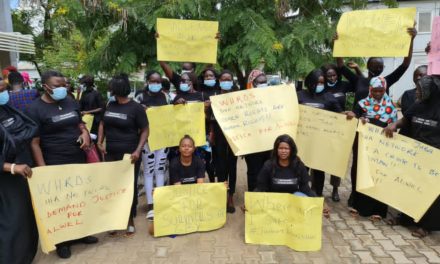
Recent Comments